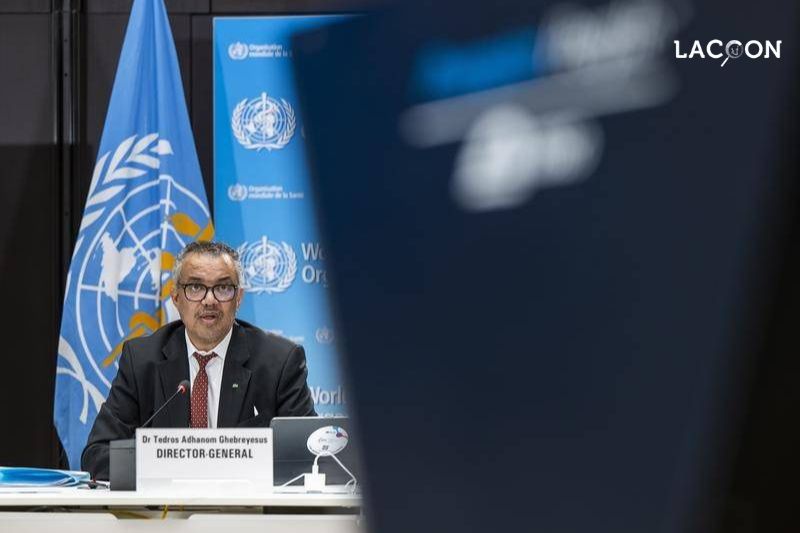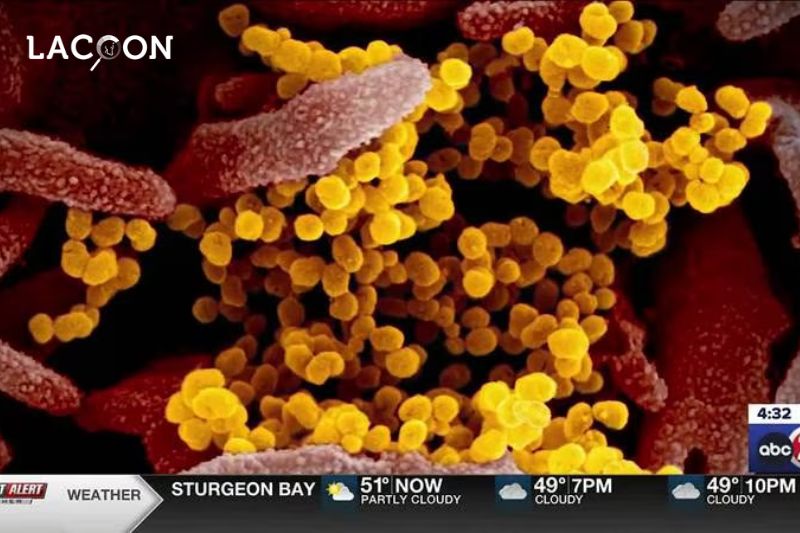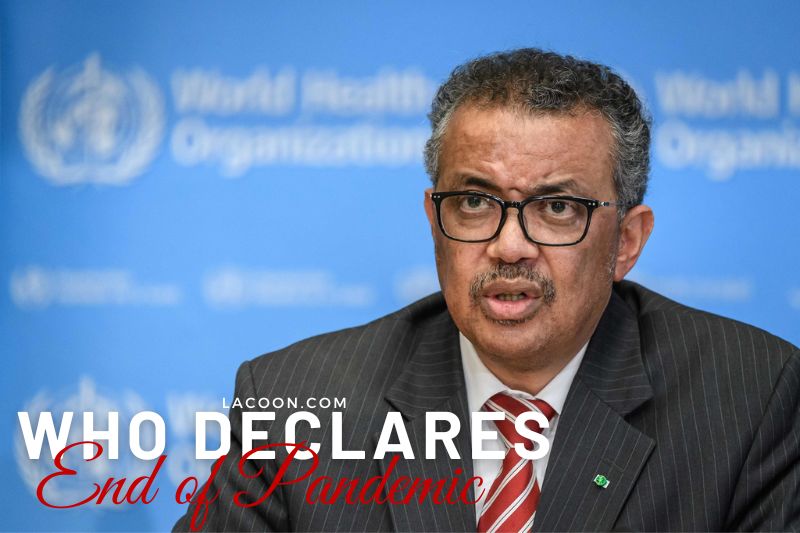After more than two years of battling the COVID-19 pandemic, the World Health Organization WHO declares end of Pandemic, put an end to the global health emergency. This is big news for the entire world and marks a major milestone in the fight against the virus.
WHO Declares End of Pandemic

For many of us, the past few years have been challenging, with lockdowns, restrictions, and constant uncertainty. But now, with the declaration of the end of the pandemic, we can all breathe a sigh of relief and look forward to a brighter future.
“It is therefore with great hope that I declare COVID-19 over as a global health emergency,” according to WHO Director-General Tedros Adhanom Ghebreyesus, COVID was still a global health danger after the emergency ended.
The end of the pandemic means that we can start to return to a more normal way of life. We can finally gather with loved ones, travel more freely, and enjoy the things that we’ve missed for so long. Of course, we must remain vigilant and continue to follow public health guidelines, but the end of the pandemic is a step towards a brighter future.
The end of the pandemic is also a huge relief for healthcare workers and frontline workers who have been working tirelessly to keep us safe. They deserve our gratitude and respect for their dedication and hard work.
What Comes Next?
While the end of the pandemic is certainly good news, it’s important to remember that we’re not out of the woods yet. The virus may still continue to circulate, and new variants may emerge. That’s why it’s crucial to continue to follow public health guidelines, including getting vaccinated, wearing masks, and practicing good hand hygiene.
The end of the pandemic also means that we can start to focus on the long-term impacts of the pandemic, including the mental health effects and the economic impact. We must continue to support those who have been impacted by the pandemic and work towards recovery.
The Road Ahead
As we move forward, it’s important to remember the lessons that we’ve learned from the pandemic. We’ve seen the importance of preparedness, collaboration, and innovation in responding to a global health crisis. We must continue to build on these lessons and work towards a more resilient and equitable future.
Significant Public Health Problem

The recent announcement by the World Health Organization (WHO) declaring an end to the COVID-19 pandemic as a global public health emergency comes at a time when many countries have relaxed restrictions and people have resumed some degree of normalcy. However, experts caution that this does not mean the end of COVID-19 as a significant public health problem.
While the declaration is a milestone in the fight against COVID-19, infectious disease experts warn that the virus is still circulating at low levels and could continue to pose a threat in the coming months.
The WHO has stated that it will not hesitate to reconvene an emergency committee if necessary, and advises countries to continue to follow public health guidelines, including vaccination, mask-wearing, and testing.
In addition to the immediate threat posed by COVID-19, experts are also concerned about the long-term impacts of the pandemic, including long COVID and the strain on healthcare systems worldwide.
The WHO has published a plan advising countries on how to live with COVID long-term, and experts stress the importance of continued preparedness and collaboration in responding to future outbreaks.
Conclusion
In conclusion, the declaration of the end of the pandemic by the WHO is a significant moment in history. It marks a major milestone in the fight against COVID-19 and gives us hope for the future. However, we must continue to remain vigilant and work towards a more equitable and resilient world.
Thank you for reading this article with Lacoon.





